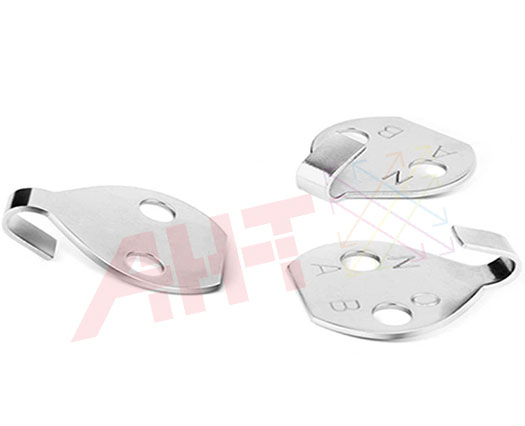
Lacing Hook
The lacing hook, also known as the lacing pin or lacing tool, is a device used for insulation installation. The lacing hook is often used in conjunction with lacing washers to fix or bind insulating materials (such as glass fiber, mineral wool, or foam). The method of using the insulating, lacing hook is to fix it with a metal wire, and then use the lacing washer to fix the binding metal wire by passing it through the lacing hook to secure the insulation layer. This helps to protect the integrity and stability of the insulating material, keeping it in the proper position and preventing sagging or movement. The insulating lacing hooks from Hatong are usually made of high-quality stainless steel and have excellent corrosion resistance and acid-base resistance, making them a superior choice for various harsh environments.

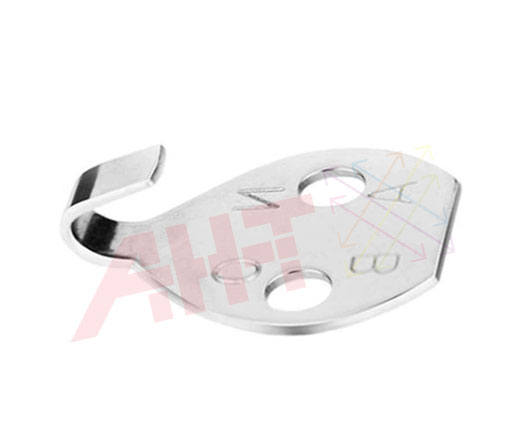
Lacing Hook Features and Advantages
Easy to install
The lacing hook is compact in structure, lightweight, easy to assemble and install.
Outstanding grip strength and toughness
The design and materials of the lacing hook ensure it possesses excellent grip force and strength.
Corrosion-resistant
The lacing hook is made of high-quality stainless steel. It has excellent corrosion resistance and wear resistance, reducing operational burden and prolonging service life.
Excellent insulation performance
The lacing hook is made of special insulating layers and composite materials, with excellent insulation performance, which can ensure the safety of the operators.
Lacing Hook Production Capacity
AHT/ Hebei Hatong Wire Mesh Co., Ltd. is a professional design, research and development, production, custom lacing hook manufacturer, and our plant covers an area of 40000 square meters, with an annual output value of $21 million, with a professional R & D team, support different specifications of lacing hook customization, has reached a strategic partnership with more than 60 countries in the world. Welcome to inquiry and request samples.
Lacing Hook Quality Control
AHT/ Hebei Hatong Wire Mesh Co., Ltd. has a strict quality control system and has owned and fully implemented the following relevant certification systems:
ISO9001 Quality Management System Certification
ISO45001 Occupational Health Safety Management System Certification
ISO14001 Environmental Management System Certification
ATF16949 Automotive Industry Quality Management System Certification
Authorized Economic operator
Lacing Hook Packaging
Carton box & Plywood case

Lacing Hook Applications
Insulation lacing hooks find wide application in various industries, including HVAC (Heating, Ventilation, and Air Conditioning) systems, pipe insulation, equipment insulation, and industrial insulation. They come in different sizes and materials to accommodate different insulation thicknesses and types of materials.
1. Securing insulation blankets: Insulation lacing hooks are used to fasten insulation blankets to pipes, ducts, tanks, and other equipment.
2. Supporting insulation on large surfaces: In applications where insulation blankets or boards are installed on large surfaces like walls or ceilings, lacing hooks can be used to provide additional support. By attaching the hooks to a sturdy framework, they help distribute the weight of the insulation and prevent sagging.
3. Preventing damage from vibrations: In environments where equipment or machinery produces vibrations, insulation lacing hooks can be used to secure the insulation material to prevent damage from vibrations. The hooks provide added stability and prevent the insulation from becoming loose or displaced.
4. Enhancing fire protection: Insulation lacing hooks can be used in fire-rated insulation systems. By securely fastening insulation materials, the hooks help maintain the integrity of the insulation in the event of a fire, minimizing the spread of flames and reducing damage.
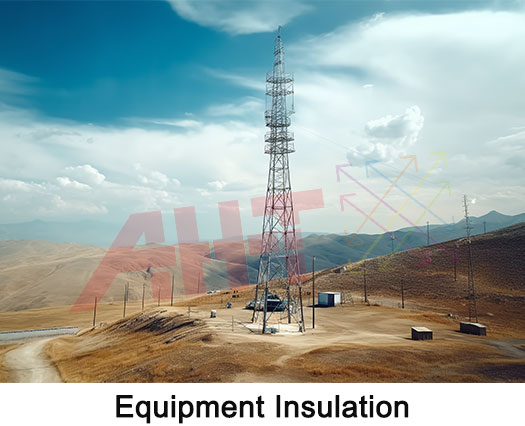

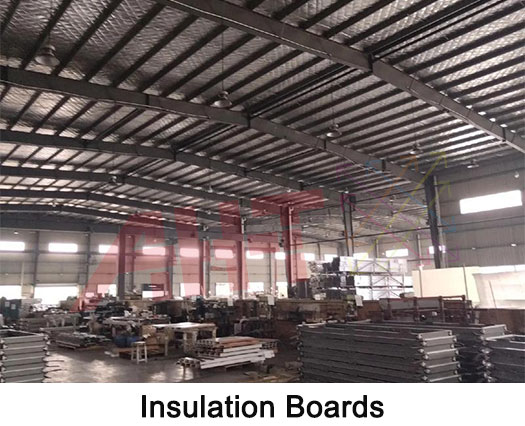
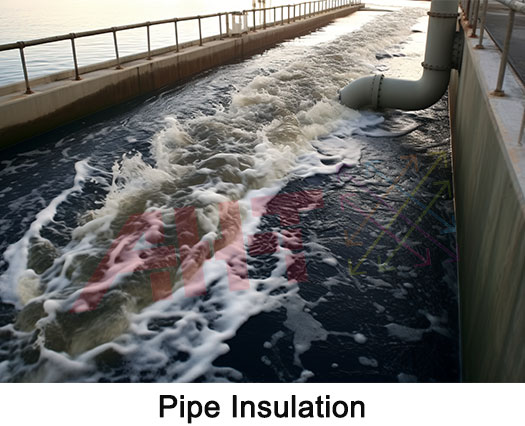
Lacing Hook Specifications
AHT/Hatong Lacing Hook of Specification | |
Standard Material | 304 Stainless Steel |
Size | 7/8″Diameter Standard with two 3/16″Diameter holes, 1/2″apart |
NO-AB | Furnished stamped NO AB to indicate non-asbestos material. |